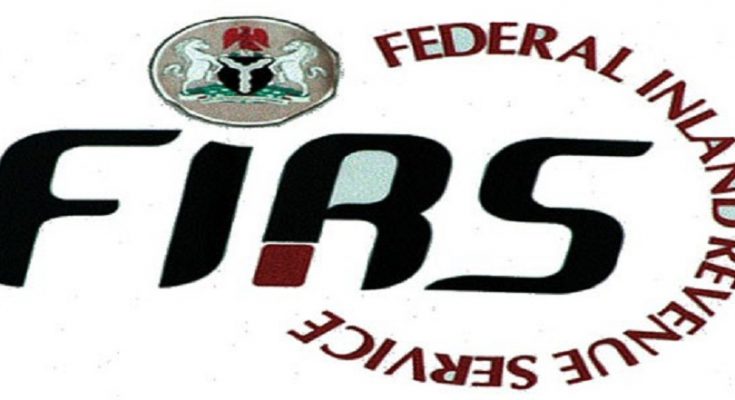The Executive Chairman, Federal Inland Revenue Service, FIRS, Mr. Tunde Fowler, has said that the Value Added Tax, VAT, was designed to support poor people, and not to create hardship for them.
Reacting to concerns that the proposed increase in VAT would cause more hardship for the poor, Fowler said, “When you don’t consume certain categories of goods and services, you are not liable to pay VAT charges on those items.
“VAT is not charged on all medical and pharmaceutical products. It is not charged on basic food items, books and educational materials, baby products, fertilizers, locally produced agricultural and veterinary medicine, farming machinery and farming transportation equipment.
“Other services exempted from VAT are medical services, dervices rendered by Community Banks, People’s Bank and Mortgage Institutions, plays and performances conducted by Educational Institutions as part of learning and all exported services are exempted from VAT.”
Fowler in a statement, Tuesday, noted that the revenue generated from VAT was being channeled towards assisting the poor by providing basic amenities.
He clarified his earlier submission at the Senate Committee meeting which triggered wide spread criticism on the planned VAT increased.
He said, “I was at a programme at the Senate. I was talking about projection in 2019 for the VAT. And I was asked a question about what my personal views were about the VAT and some people got it a bit wrong. Let me clarify some things.
“I understand that some people misunderstand what the VAT is. VAT is a consumption tax. If you don’t have money to purchase certain categories of goods and services and you don’t consume them, then VAT is not your problem.
“The VAT is used to assist the needy. VAT provides support for the needy, not a hardship on them. 85 percent of VAT collected is shared among states for them to provide free education, free health services, provide basic amenities among others.
“We can see what the Federal Government is doing with the tax money. Look at the rail system, the Abuja-Kaduna rail is complete. Look at the Lagos-Ibadan expressway, look at the education system and the school feeding programme, among others. If at the state level, your government cannot justify the taxes you pay to them, you have the right to vote them out in the next four years,” Fowler said.
The FIRS boss denied suggesting a 50 per cent increase in VAT at the Senate, although he admitted suggesting an increase in the tax.
Fowler told the Senate that “My personal opinion is that the rate of CIT should remain at 30 per cent, to make sure that we do not reduce the tax rate, without getting others who are not in the tax net into the tax net. For small businesses, it’s a discussion we are having with the Ministry of Finance for people who are having a certain turnover. I believe that that can be reduced to may be 20 per cent to promote the small-scale businesses. But in terms of immediate reduction, I think we should try and stabilize to ensure a 90 per cent compliance of those in the tax net. I’m sure that at the end of the year, we can consider reducing our corporate income tax rate.
“In terms of VAT, the Service has increased VAT collection over the last three years by over 25 per cent. In terms of whether there should be an increase. I believe there should be an increase.”
Mr. Fowler said that if oil-rich countries like United Arab Emirate, UAE, Saudi Arabia would lay emphasis on taxation, Nigeria should not be an exception.

